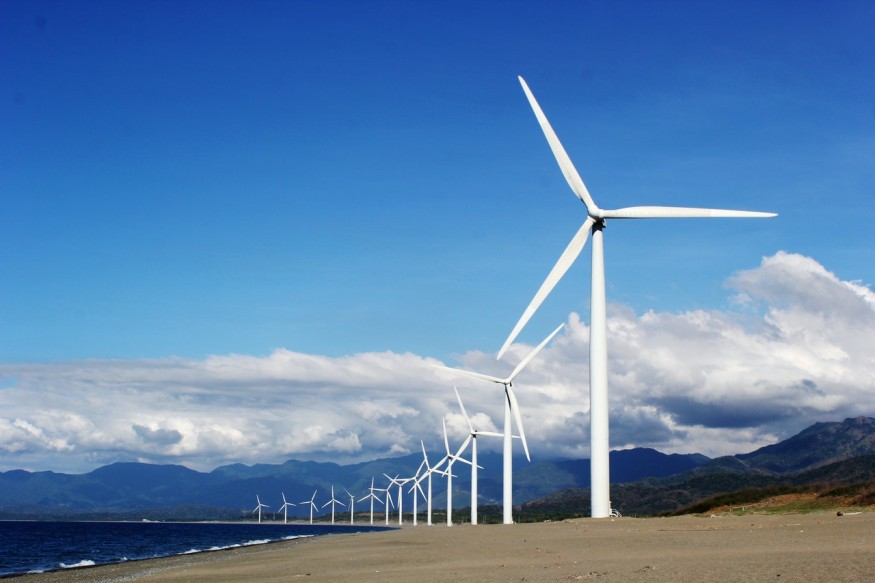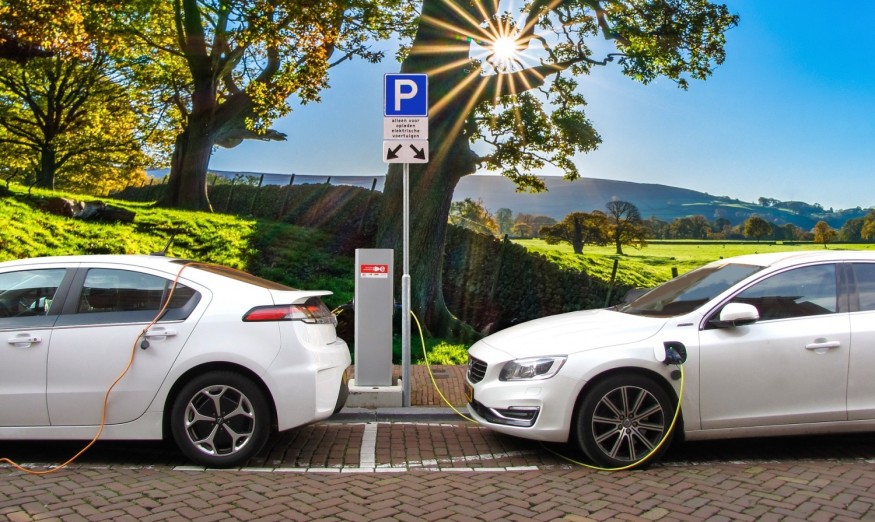According to a research from an Australian thinktank, running houses and vehicles solely on electricity would save homeowners $5,443 per year.

The study claims that converting all home appliances and automobiles to operate on electricity may reduce a third of Australia's greenhouse gas emissions while saving families $40 billion per year by 2028.
Saving Thousands
According to Castles and Cars by Rewiring Australia, the average Australian home uses 102kWh of electricity per day, costing $5,248 per year. Gasoline and gas to power automobiles, stoves, showers, and heaters account for a large portion of this expense.
The research showed that internal combustion engines in automobiles are only 30% effective at converting gasoline or diesel to electricity, and natural gas water heaters consume three times as much energy as heat pumps - the same technology that powers refrigerators and air conditioners. In addition, many coal plants achieve just 30% efficiency in power generation, whereas natural gas facilities achieve 45 percent efficiency.
Related Article : Thousands of Environmental Scientists and Academics are Calling for a "Non-Proliferation Treaty" on Fossil Fuel
Going Electric

According to the research, replacing fossil fuel appliances and cars with electric versions by 2030 and powering them with more efficient, low-cost solar energy could save households $5,443 per year and reduce home emissions to zero.
Due to its population density, renewable energy generating capability, and current state and territory legislation, Australia was particularly positioned to electrify households.
Taking the best existing policies from each state and combining them with federal leadership, said Saul Griffith, an Australian who has advised the Biden administration on energy policy and is the report's author, would allow Australia to put together a comprehensive framework and "show the world how it's done."
Australia Taking Significant Steps
Griffith stated, "Australia is a lot closer to accomplishing this than the general public believes." "We'll be selling that technology to California if we go first. They'll sell them to us if we don't go first."
He added that a pilot initiative to convert every building in a suburb would be the first step. After that, it'd become a model that could be tweaked before being implemented elsewhere.
Victoria's energy and climate change minister, Lily D'Ambrosio, will present the study created in collaboration with the Australia Institute on Tuesday. Before Gladys Berejiklian resigned as NSW premier on Friday, Matt Kean, the state's energy and environment minister, who is anticipated to become treasurer soon, was scheduled to attend the event.
The research, according to Australia Institute's Richie Merzian, is "excellent news." "It boils down climate change solutions to a simple narrative: switch to 100 percent renewable energy, electrify everything, and then transform your carbon sources into carbon sinks," he added.
Recommendations

The research recommends providing subsidies and financing to assist low-income homes in making a move to electricity, as well as making solar power and battery storage a "national priority." It would include nationwide expansion of initiatives like the Victorian government's solar homes program, which seeks to electrify appliances in low-income families.
The Victorian government, according to D'Ambrosio, is working on a "gas replacement roadmap" that would "define a long-term approach to decarbonize gas consumption."
"Electrification presents great potential to assist Victoria to meet its 2030 emissions reduction goal," she added.
Although Nicky Ison, WWF Australia's energy transition manager, was not involved in the report, he said it was "compelling."
"When we talk about climate change and the energy transition, one of the issues we have is that a lot of the attention 15 years ago was on personal sacrifice," Ison added. "We've transitioned from an austerity-focused climate narrative to one based on plenty and opportunity."
For more news about making the environment sustainable, don't forget to follow Nature World News!
© 2025 NatureWorldNews.com All rights reserved. Do not reproduce without permission.





